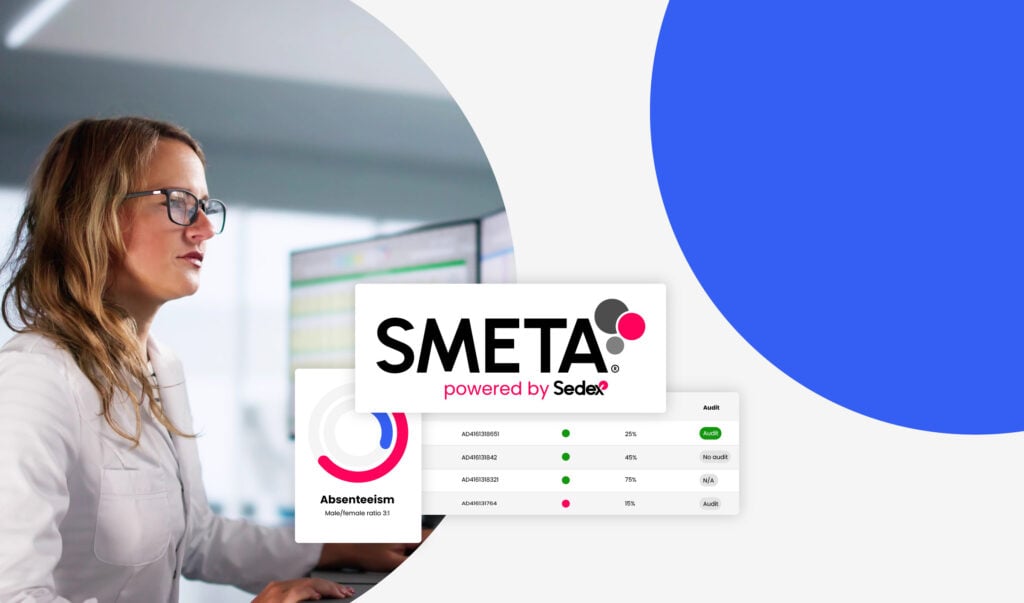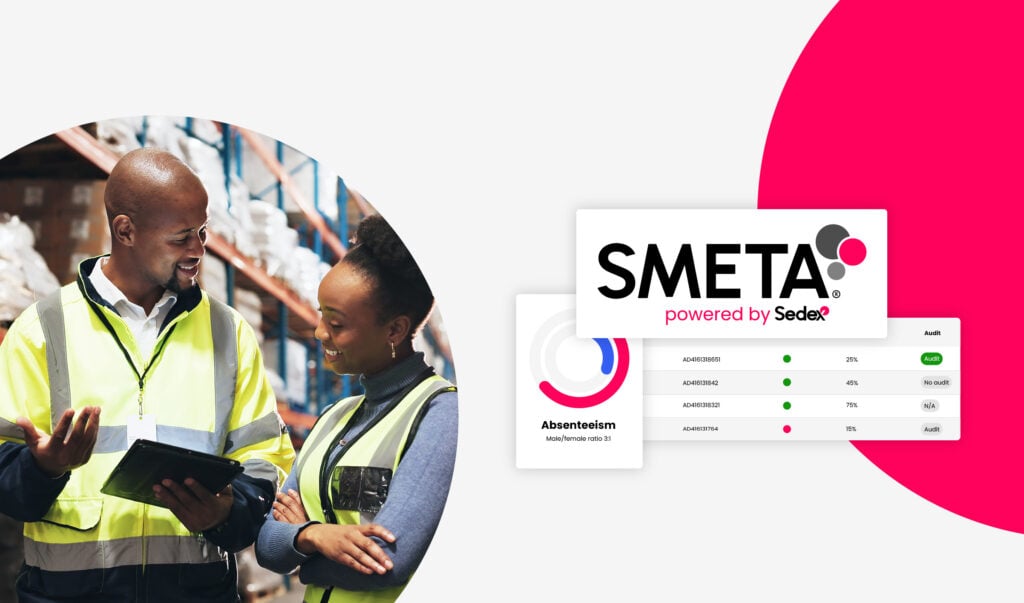Sedex roundtable: Increasing women’s access to better-paid jobs with more flexible working
This September Sedex was pleased to facilitate a roundtable on gender equality in the workplace with Mims Davies, the UK Minister for Employment, and a range of Sedex members from the retail, hospitality and apparel sectors.

This forum created a valuable space for Sedex members and the Minister to discuss supporting women to progress and succeed in their roles. Participants also talked about how both the Government and businesses can increase women’s access to better-paid jobs through more flexible working.
Minister for Employment Mims Davies said:
“It was fantastic to join Sedex and members from a range of sectors to discuss how we can continue to break down barriers and collectively ensure all women, including working mothers and those with caring responsibilities, have the support they need to get into, and crucially progress, in work.”
Mims Davies, Minister for Employment
Key insights
- Participants acknowledged the importance of assessing working conditions and business practices, especially in the supply chain, to understand the barriers women face in accessing different or more senior job roles.
One Sedex member mentioned that gathering and separating data on grievances would help to highlight women’s challenges – Sedex’s recent insights report found that just 7% of work sites separate grievance data by gender. Another member suggested that capturing data on how long people have been in their roles could help to understand progression.
- The Minister spoke about how the UK’s Plan for Jobs initiative is helping to break down barriers to allow more women into sectors, especially those with high demand. This is achieved using Department for Work and Pensions (DWP) communication channels and a network of jobcentres, as well as industry-led initiatives such as the Tech Talent Charter. For example, DWP’s partnership with industry non-profit organisation Women into Construction has supported over 1,000 women into roles within the construction industry.
- Mothers returning to work often have to accept more junior positions than those they left. More affordable childcare and improved parental leave – which both business and Government could provide – may help to change this.
- When speaking about the role of data in informing initiatives for women in the workplace, the Minister spoke about her goal of improving cross-departmental sharing of data. Government departments hold a significant amount of information and could benefit with setting up more channels to share these with each other.
- “Progression” can take many forms, including lateral progression into different fields and departments where women are typically under-represented. One proposal to help remedy this in supply chains was encouraging suppliers to gather more data on the roles women hold across their business.
- Both businesses and Government can provide support through education and training to help women progress and succeed at work. This support could be specific to industries and roles, or help with core skills including reading, writing, career planning, and confidence-building.
- Participants discussed how important it is for businesses and Government to recognise all the things that can affect women’s ability to progress and succeed at work, including factors outside of the workplace – such as suitable housing, or safe transport to workplaces.
- Participants highlighted that diversity and inclusion policies must cover the recruitment process as well as the workplace itself, to support women in accessing the full range of roles and fields.
- All participants agreed that every employer can consider making practical changes in workplaces to support women. Banana suppliers were used as an example of this – where processing facilities adapted their workspaces to lower work surfaces and introduce conveyer belts to make sites more accessible for women.
“Facilitating discussions between policy makers and businesses are crucial for driving progress in areas such as gender equality, and we thank Minister Davies and Sedex members for participating in this important conversation. These discussions are both insightful and critical for helping business, government, and Sedex, build a more holistic perspective of the challenges women face at work, and how we can work together to tackle these.”
Jessica McGoverne, Director of Policy and Corporate Affairs, Sedex
Next steps
- Sedex will continue to engage our members and the UK Government on understanding the challenges women face at work, and potential solutions. Members can join our Community Programme events to share insights and learnings – contact us to get involved.
- Sedex is working to improve businesses’ knowledge about achieving gender equality in supply chains through better data collection. We will look at additional data collection points raised through this discussion and others on gender data.
- Sedex will continue to research women’s situations at work, including analysis on data from across the Sedex platform to understand the extent to which companies are separating data by gender.
The meeting overall provided a fantastic opportunity for industry and the UK Government to come together to discuss the challenges and solutions for enhancing women’s access to and participation in the workplace. A huge thank you to all our participants.



